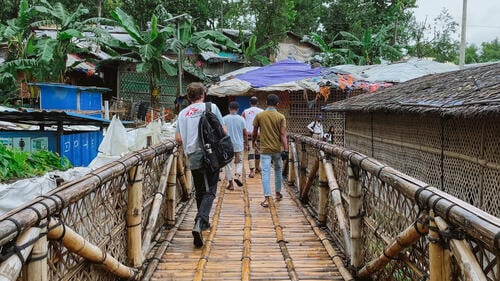
Bangladesh
Learn about MSF projects in Bangladesh, where a million Rohingya people are living after fleeing targeted violence in Myanmar.
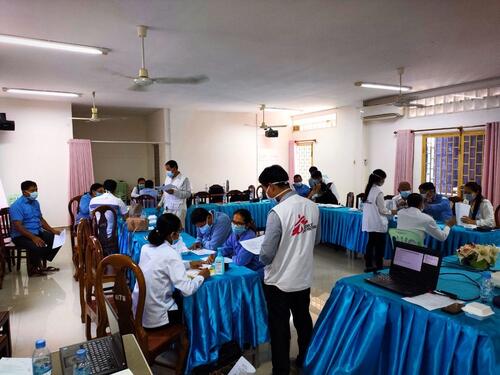
Cambodia
We handed over our projects in Cambodia in 2021.
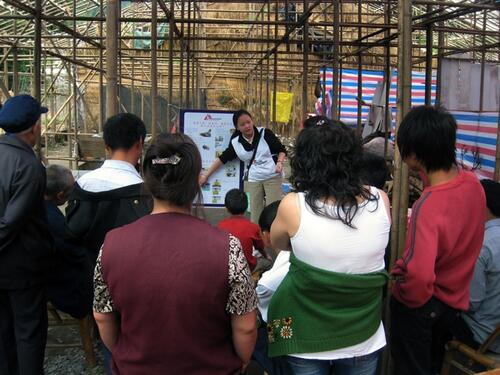
China
MSF first worked in China in 1989 and closed its projects in 2014.
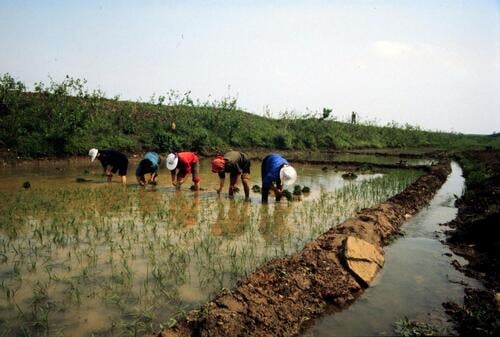
Democratic People's Republic of Korea
MSF is improving TB diagnosis and treatment, and strengthening the provision of healthcare and healthcare facilities in DPR Korea.
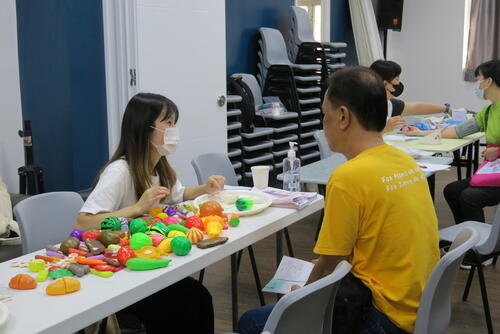
Hong Kong
MSF most recently worked in Hong Kong to support people experiencing homelessness.

India
In India, we focus mainly on mental healthcare, screening and treatment for HIV, tuberculosis (TB) and hepatitis C, and support to victims of sexual and gender-based violence.
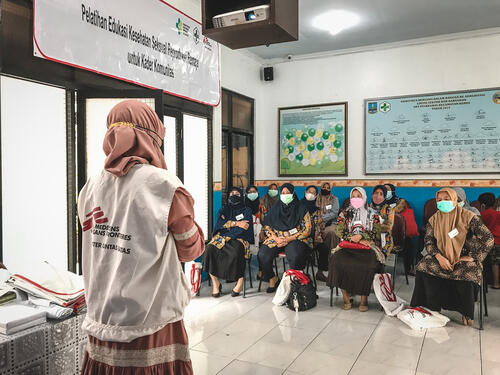
Indonesia
Learn about MSF projects in Indonesia, where we work on emergency preparedness.
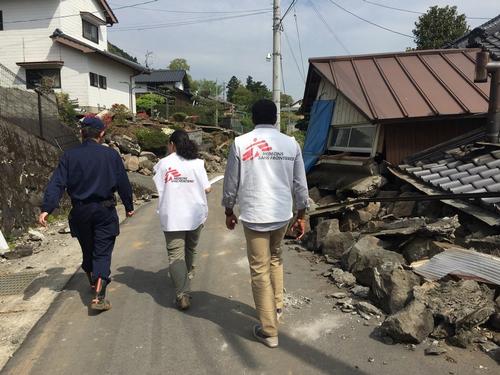
Japan
MSF has responded to natural disasters in Japan in 2011 and 2016, and the COVID-19 pandemic in 2020.

Kiribati
Learn more about MSF activities in Kiribati.

Laos
MSF first worked in Laos in 1989 and closed its projects in 2007.

Malaysia
Our teams provide healthcare support to the Rohingya and other communities through our clinic in Butterworth (Klinik Mewah 6), our mobile clinics in Penang, and our activities in detention centres.



